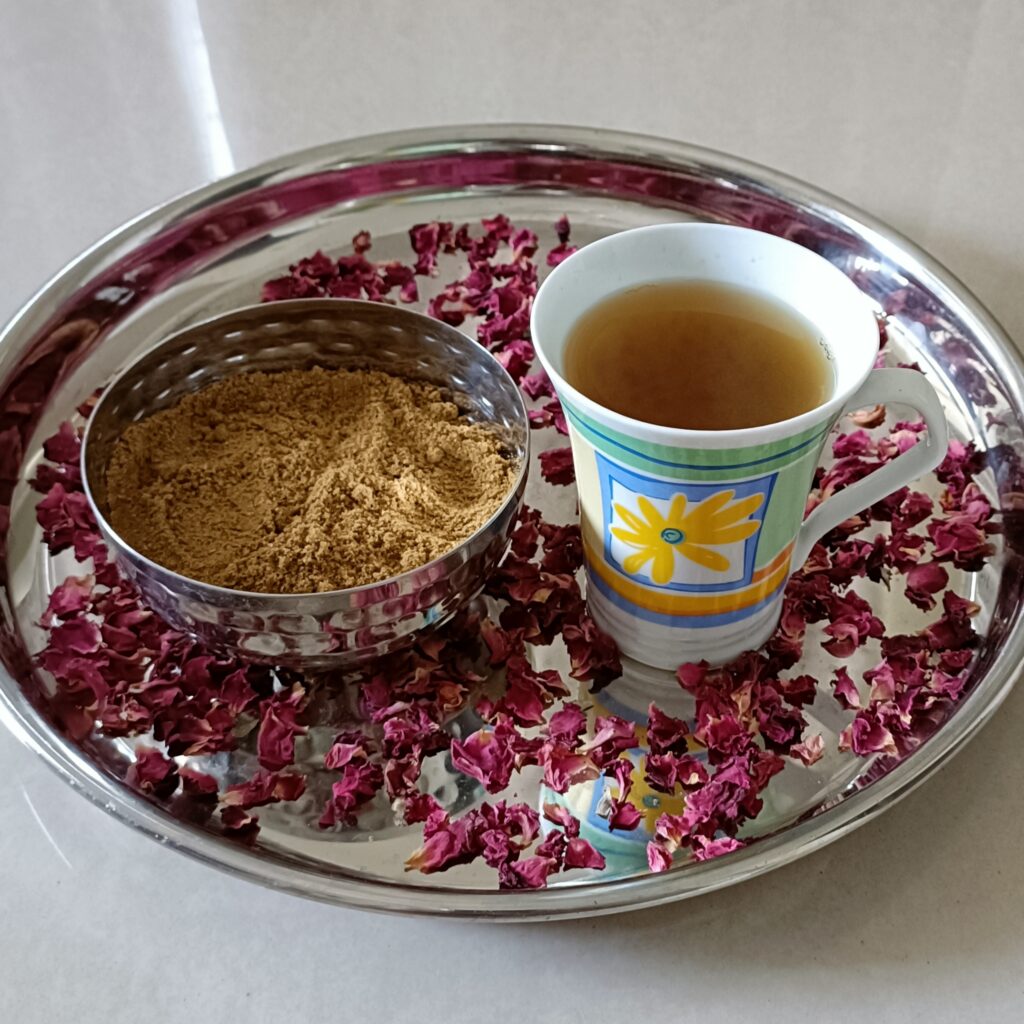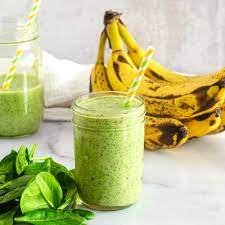
Kasai (Kashai, Kadha) Warm Beverage
Coriander seeds are fragrant and rich in vitamins, minerals and antioxidants. They’re used very often in curries and other traditional Indian dishes in the powdered form. They are believed to have many health benefits including helping to lower blood sugar levels because of its diuretic property and reduce blood sugar levels by increasing enzyme activity in the body. In fact, coriander seeds should be used with caution as it has been observed they reduce blood pressure in a very short time and to a great extent. The vitamin K present in them is said to help prevent osteoporosis and support heart health. The antioxidants in coriander seeds may help reduce the risk of some cancers as well as slow the aging process. The antimicrobial compounds in them may help fight infections, and the anti-inflammatory properties they have may promote brain, skin, and digestive health.
Cumin seeds, like coriander seeds, are rich in vitamins, minerals (especially iron), antioxidants and antimicrobial/antibacterial compounds. Cumin seeds have been used to treat digestive problems traditionally and they have almost the same health benefits as coriander seeds.
Fennel seeds also have more or less the same properties. They are specially used as a mouth freshener after meals traditionally because they help reduce bad breath. This is because of the specific aromatic essential oil in them that has antibacterial properties.




